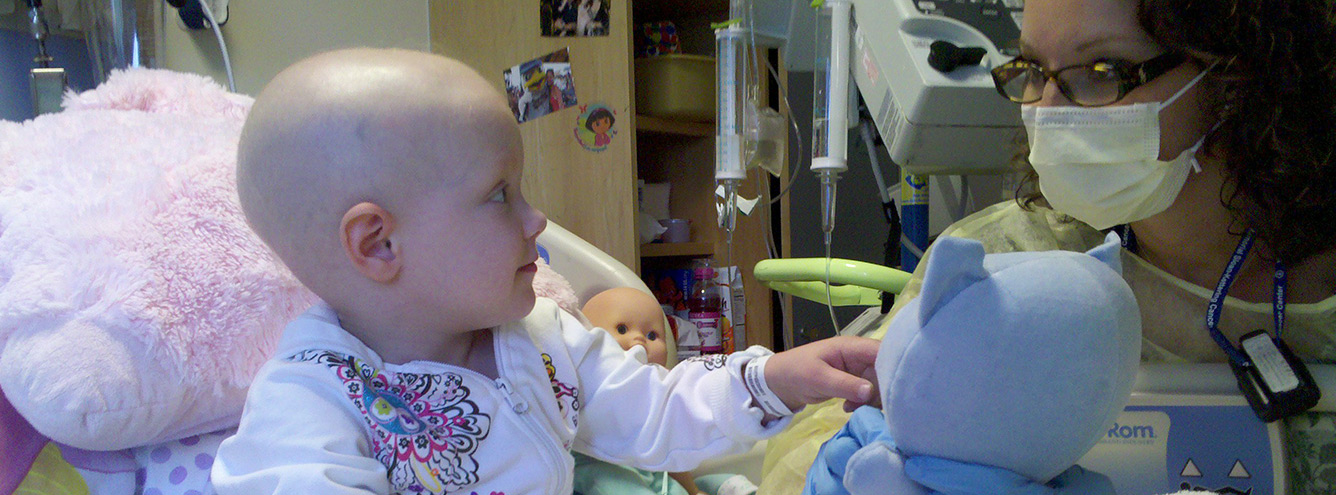Lifelong oncology follow up care is important for many survivors of childhood eye cancer.
Children who had chemotherapy or radiotherapy, and carriers of a constitutional RB1 mutation should receive life-long oncology follow up. All teen and adult survivors should have access to genetic counselling.
To be responsible advocates for their own health and that of their future children, survivors must be fully informed about their cancer history, genetic status, and ongoing risks. They must be able to communicate this information well to medical professionals unfamiliar with retinoblastoma, to enable prompt action if they develop problems as adults.
Long Term Oncology Follow Up Clinics
As the number of childhood cancer survivors has increased, many hospitals have created long term survivor or late‑effects clinics. These programs offer ongoing multidisciplinary care to adult survivors of childhood cancer. Many conduct research into various aspects of survivorship, but participation is not required to receive medical care.
Clinics differ widely in the medical professionals providing care and the services offered. The care team may include:
- Oncologist.
- Oncology nurse specialist.
- Radiation oncologist.
- Neurologist.
- Endocrinologist.
- Genetic counsellor.
- Neuropsychologist (a psychologist who specialises in the brain and cognitive functioning)
- Psycho-oncologist (a psychologist who specialises in cancer care)
- Social worker.
Services may include:
- Review of the person’s cancer history
- Education and counselling about the cancer and its treatment
- Genetic counselling and testing to establish individual future risk.
- Education and counselling about ongoing cancer risks.
The clinic may also organise any necessary routine tests, or order tests if unexplained symptoms arise. Or they may liaise with the primary doctor to set these up.
If Long Term Follow Up Is Unavailable
Although long term follow up is recommended, most children are discharged at 18 (or earlier) with no life-long follow up plan. In many countries, long term oncology follow up clinics do not exist. This situation is compounded by primary doctors unfamiliar with cancer therapy late effects and the genetic implications of retinoblastoma.
If your child will not be followed by a long‑term survivor clinic, you will need to educate them about their cancer history and life-long risks. They will need your compassion and support in learning about their cancer and how this may impact them throughout life.
This information is vital if they are to be a responsible advocate for their own health as a teenager and throughout adult life.
Treatment Record
When your child finishes treatment, ask the doctors for a summary report of treatment that they can keep with them throughout life. A copy should be sent to their primary doctor, with a clear explanation of any relevant long term implications from retinoblastoma.
If you compiled a medical records folder during treatment, keep this in a safe place. Explain this folder to your child when they are old enough to understand it, and give them a complete copy when they move away from home.
If you are not given a summary of your child’s treatment history, and you did not keep a medical record folder, download and complete our Retinoblastoma Survivor Treatment Summary. Send a copy to the primary doctor, and give a copy to your adult child.


